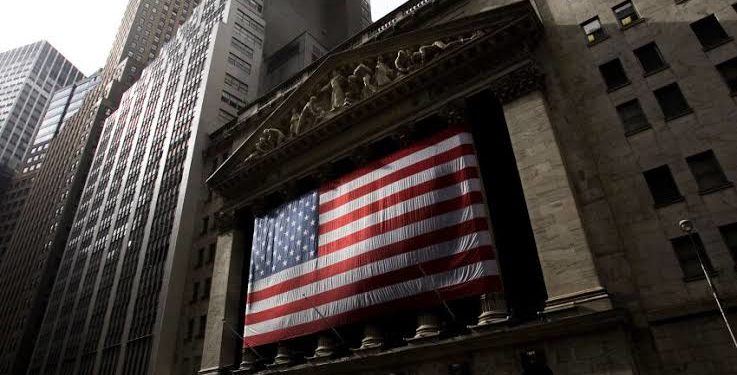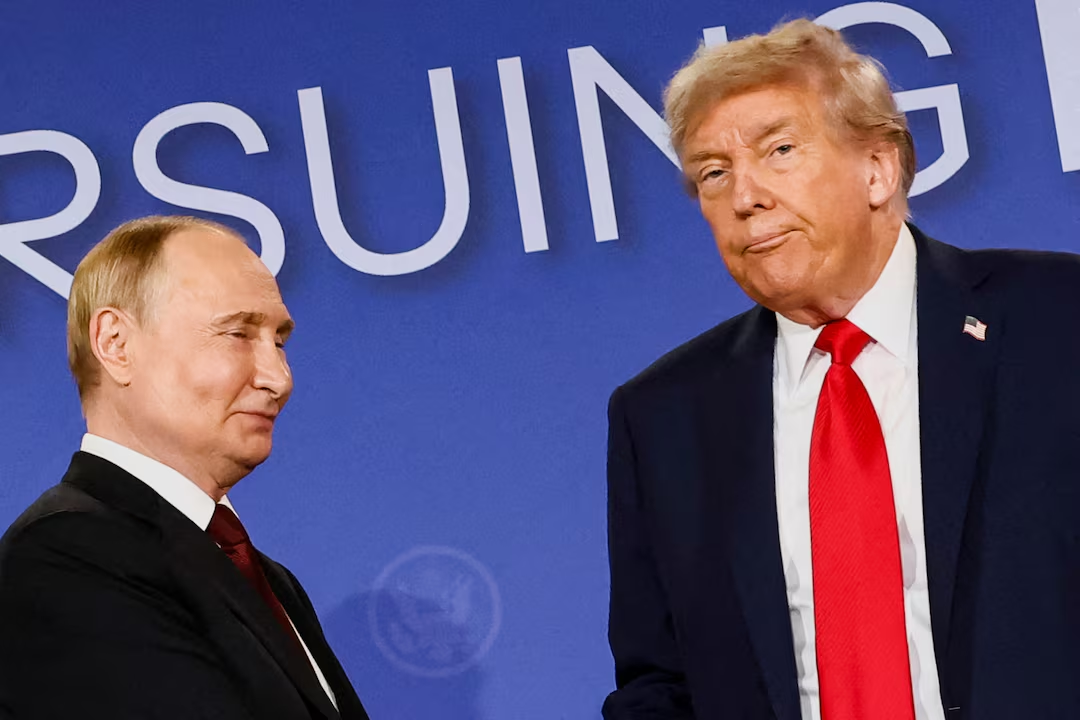Now Reading: US Posts $576m Trade Surplus With Nigeria Amid Tariff Regime
-
01
US Posts $576m Trade Surplus With Nigeria Amid Tariff Regime
US Posts $576m Trade Surplus With Nigeria Amid Tariff Regime

The United States has posted an impressive $576 million trade surplus with Nigeria in the first half of 2025, reversing $779 million deficit recorded the same period of 2024.
Fresh figures from the U.S. Census Bureau and the Bureau of Economic Analysis show that a surge in American exports to Nigeria, coupled with weaker Nigerian shipments to Washington, drove the dramatic turnaround.
Between January and June 2025, U.S. exports to Nigeria climbed 41 per cent year-on-year, rising from $2.36 billion in H1 2024 to $3.34 billion in H1 2025. By contrast, imports from Nigeria fell 12 per cent, slipping from $3.14 billion to $2.76 billion. This $1.3 billion swing shifted the balance from deficit to surplus in America’s favour.
The monthly breakdown underscores the sharpness of the change. In June 2025, U.S. exports to Nigeria jumped 196 per cent to $919 million, compared with $310 million a year earlier. Imports grew modestly, up 29 per cent to $639 million. This flipped the monthly balance from a $182 million deficit in June 2024 to a $280 million surplus in June 2025.
Analysts point to Nigeria’s growing reliance on U.S. manufactured goods, machinery, vehicles, and pharmaceuticals, as foreign exchange constraints tighten local production.
“While the U.S. is deepening its footprint in African markets, Nigeria’s shift stands out as one of the continent’s most dramatic reversals,” a trade expert noted.
Yet the broader US–Africa trade picture remains negative. The continent collectively recorded a $3.69 billion deficit against Washington in H1 2025, slightly worse than the $3.61 billion posted in the same period of 2024. U.S. exports to Africa rose 29 per cent to $19.7 billion, but imports climbed even higher, up 24 per cent to $23.4 billion.
Nigeria’s turnaround, alongside Egypt’s, provided rare bright spots. Washington recorded a $2.73 billion surplus with Egypt in H1 2025, more than double the $1.31 billion in 2024, thanks to stronger American exports and slower import growth. By contrast, deficits with South Africa and Algeria remain significant, with Pretoria emerging as Washington’s toughest African partner after its deficit nearly doubled to $6.32 billion.
The US–Nigeria reversal comes at a politically sensitive moment. On August 7, 2025, Washington introduced “reciprocal tariffs” on African partners under a revised schedule that placed Nigeria’s country rate at 15 per cent, slightly higher than the 14 per cent set in April under the “Liberation Day” order.
Trade observers warn that while the U.S. surplus reflects stronger American competitiveness in Nigeria, it also highlights the country’s vulnerability. “Nigeria is importing more finished goods than it is exporting crude and other products, and that imbalance is not sustainable for long-term economic growth,” another expert said.




